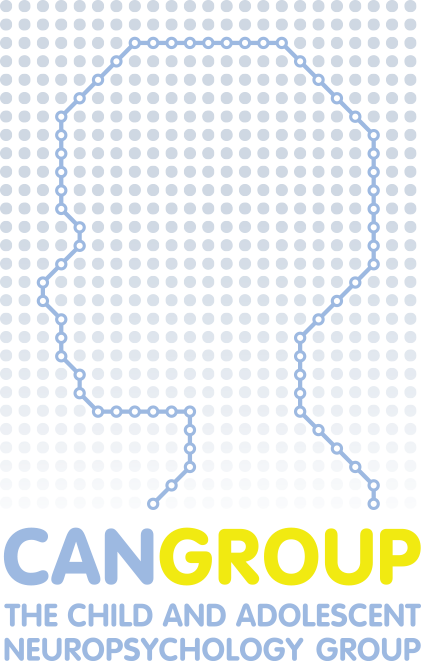Developmental Language Disorder (DLD)
Children with DLD have difficulty developing their language skills. This includes difficulty with:
A child’s difficulties may be apparent in spoken communication (e.g., talking to and understanding others) and/or in written communication (e.g., reading and writing).
Children with DLD can experience a range of associated difficulties thinking skills, emotions and behaviours, including difficulties with attention, working memory, learning, executive functioning (planning, organisation, flexibility), self-regulation, social skills, emotions, and behaviours. These children may struggle in the classroom as teaching is mostly done verbally, and they may be slow to develop academic skills. It is common for children with DLD to also have a specific reading or learning disorder. They may also have social difficulties, as joining in play and conversation with their peers can be challenging.
An assessment for DLD is usually a multidisciplinary process and, in addition to comprehensive neuropsychological assessment, should include a full language assessment with a speech pathologist (preferably completed prior to the neuropsychological assessment). The neuropsychological component will include a detailed parent interview, gathering information from your child’s teacher, paediatrician, and speech pathologist (where relevant), and one-on-one testing with your child to assess their thinking skills, emotions and behaviours.
Links:
Request further information
For general enquiries, please complete the form below.
Alternatively, if you require a booking with one of our Neuropsychologists,
please click here to proceed to our referrals & bookings page.

